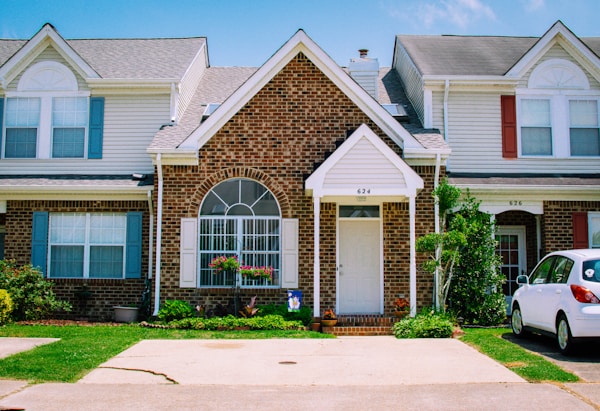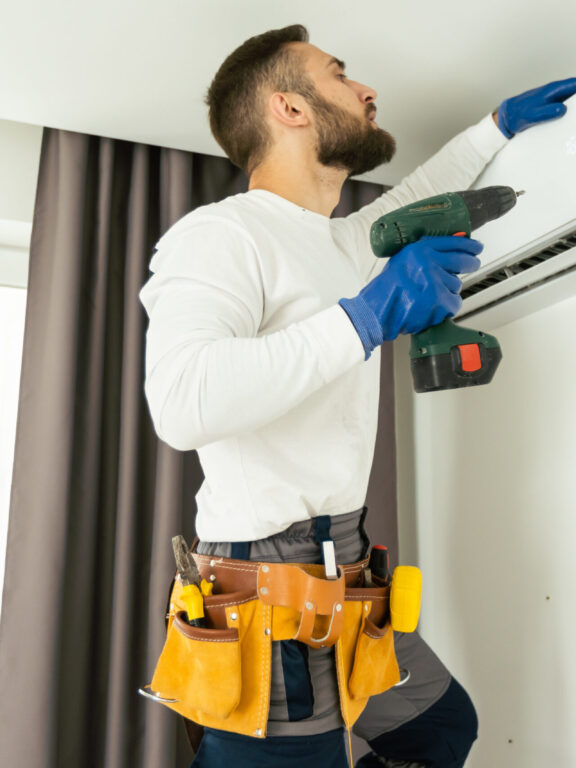Whether you’ve just purchased a new home or have been living in your current one for years, understanding home warranties is essential for every homeowner. In this article, we’ll break down the basics of home warranties and what you need to know. Keep reading to learn more.
What is a home warranty and how much does it cost?

A home warranty is one of the most important investments a homeowner can make. It helps protect against unexpected and expensive repairs, providing peace of mind for both homeowners and buyers alike. A home warranty, also known as a service contract or appliance protection plan, covers major systems and appliances in your home that typically includes HVAC systems, plumbing systems, electrical wiring, water heaters, and kitchen appliances such as refrigerators and ovens.
The average home warranty cost typically ranges between $300 to $600 annually, depending on the size of the house and other factors. Keep in mind, the cost of a home warranty will depend on several factors such as location, state regulations, company policies, the size of your property, the number of rooms in your house, the type of coverage you purchase, etc. Some companies offer discounts if more than one item is covered under the same policy or if multiple years are purchased at once. Additionally, some warranties come with limits on how much they will pay out while others provide unlimited coverage up to a predetermined amount(s). Homeowner should also factor in any deductibles associated with their chosen plan when estimating total costs since these fees will apply each time they use their policy’s services.
What does a warranty cover?
Most home warranty plans will cover home appliances such as stoves, refrigerators, and ovens. It can also cover major systems like plumbing and electrical repairs. Some home warranties even cover damage due to a leak, such as a damaged roof. A new roof cost NJ can vary greatly depending on several factors. One of the most important considerations is the type of roof that needs to be installed. Asphalt shingles are the most common and least expensive option, but other types like tile, metal, or slate can increase costs significantly. The size and complexity of the roof will also affect how much it will cost; roofs with multiple stories or complicated features such as dormers are more expensive than simple single-story designs. Additionally, local labor rates and building codes can play a role in determining the final price tag for a new roof in NJ.
Should you purchase additional coverage beyond the basic plan?

When considering whether or not to purchase additional coverage beyond the basic plan of a home warranty, it is important to understand all of your options. Home warranties are designed to provide protection against any unexpected repairs and replacements that may be needed for major home systems and appliances within a given period. The basic plan typically covers electrical, plumbing, heating/cooling systems as well as some appliances such as refrigerators and dishwashers. Additional coverage can include items like pool equipment, built-in microwaves, small appliances, garbage disposals, and more depending on the provider.
The decision of whether or not to purchase coverage should depend on several factors including how old your house is (and therefore how likely you are to need expensive repairs), what kind of budget you have available for maintenance costs in case something does go wrong with an item covered by the warranty but not included in the basic plan and if there’s anything else you would want to add on that’s customized specifically for your needs (such as extra protection against natural disasters like flooding).
If you live in an older home where repair costs tend to be higher than average due to aging components, then purchasing more coverage may make sense even though it will cost extra money upfront. This way, if anything goes wrong with a system or appliance during the time frame covered by the warranty, then at least those expensive parts won’t come out of pocket from you. On top of this having access to 24-hour emergency service could be very valuable if something happens late at night when most other services aren’t open yet so it might make sense financially speaking, too.
Overall, understanding the importance of home warranties is essential for homeowners to safeguard their property and provide financial protection in the event of unforeseen repairs or replacements. Home warranties can help homeowners save money, provide peace of mind, and serve as a valuable resource during times of distress.

